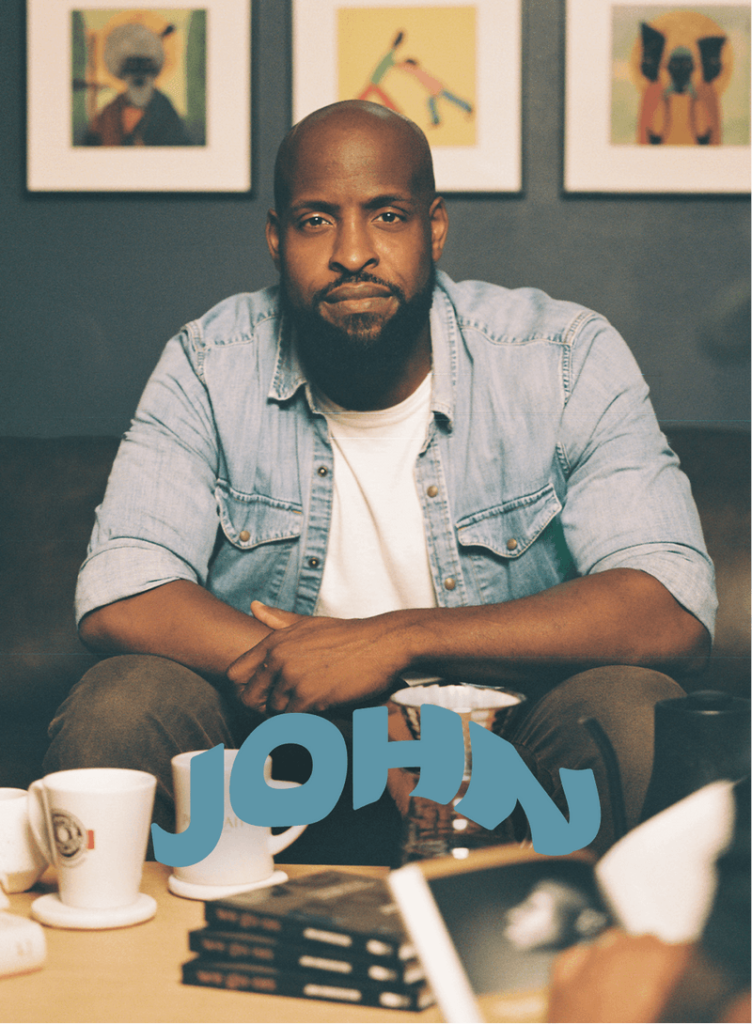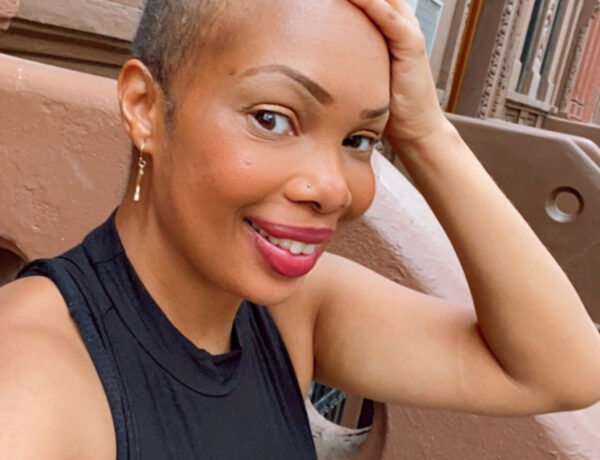Last November, just before the holiday season, I had the privilege of attending a profound and eye-opening event that was centered around the often-overlooked theme of grief. The name of the event was “We Go On Tour”. The event revolved around the art of storytelling, engaging panels, powerful spoken word performances, and songs, all narrating diverse experiences with grief based on each individual’s unique experience with grief. What I enjoyed most about this event was that in some way there was an excitement to be around other people who were ready to talk about grief and engage in it. There was a strong sense of anticipation in the air—a collective readiness to engage in open conversations about grief.
Grief Effects Us All
In our society, and often within certain cultural contexts, grief tends to be a topic we sweep under the rug, a subject we hurriedly pass by in the grand scheme of life. However, the beauty of “We Go On Tour” lay in creating a space where individuals could come together, forming a community to address and navigate the complex emotions associated with grief—a space where healing could unfold.
The event’s host, John Onwuchekwa, was not only a masterful storyteller but also an effective guide in educating the audience about the multifaceted nature of grief and its distinct stages. Personally, I found resonance with three specific types of grief: the normal grief following the recent passing of my mother, the collective grief shared by communities in the face of tragedies like Covid, and the ambiguous grief, not stemming from death but from various forms of loss, including my own diagnosis.

Setting the Foundation to Healing
The lessons learned throughout the past year have been invaluable, providing a crucial foundation for my healing journey. Armed with newfound knowledge, I now stand ready to delve deeper into the healing process. This year, I’ve connected with a new therapist—a Black woman who shares my spirituality. In my belief system, science coexists harmoniously with faith and spirituality; both are potent forces for healing. I hold firm to the belief that faith can carry you through any ordeal, and God’s healing power is immeasurable.
Shifting from survival mode to a mindset of thriving, I recognize the need to confront and work through my past traumas, childhood wounds, and the recent waves of grief that have washed over me. Two years after my mother’s passing on my birthday, I find a newfound resilience in celebrating the day. It is no longer overshadowed by mourning; instead, it becomes an occasion to honor both her life and mine. Acknowledging there is still much work ahead, I take pride in the progress I’ve made, considering this a healthy starting point on my journey towards healing and thriving.

